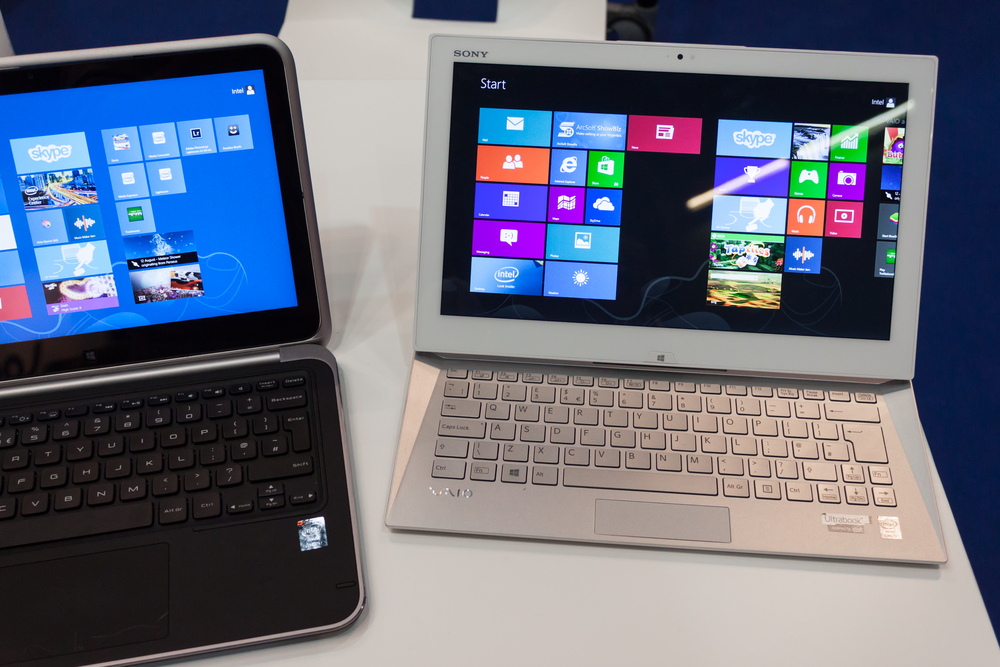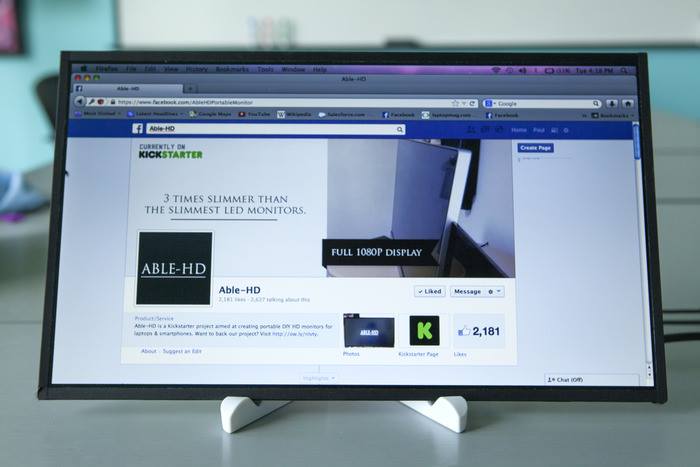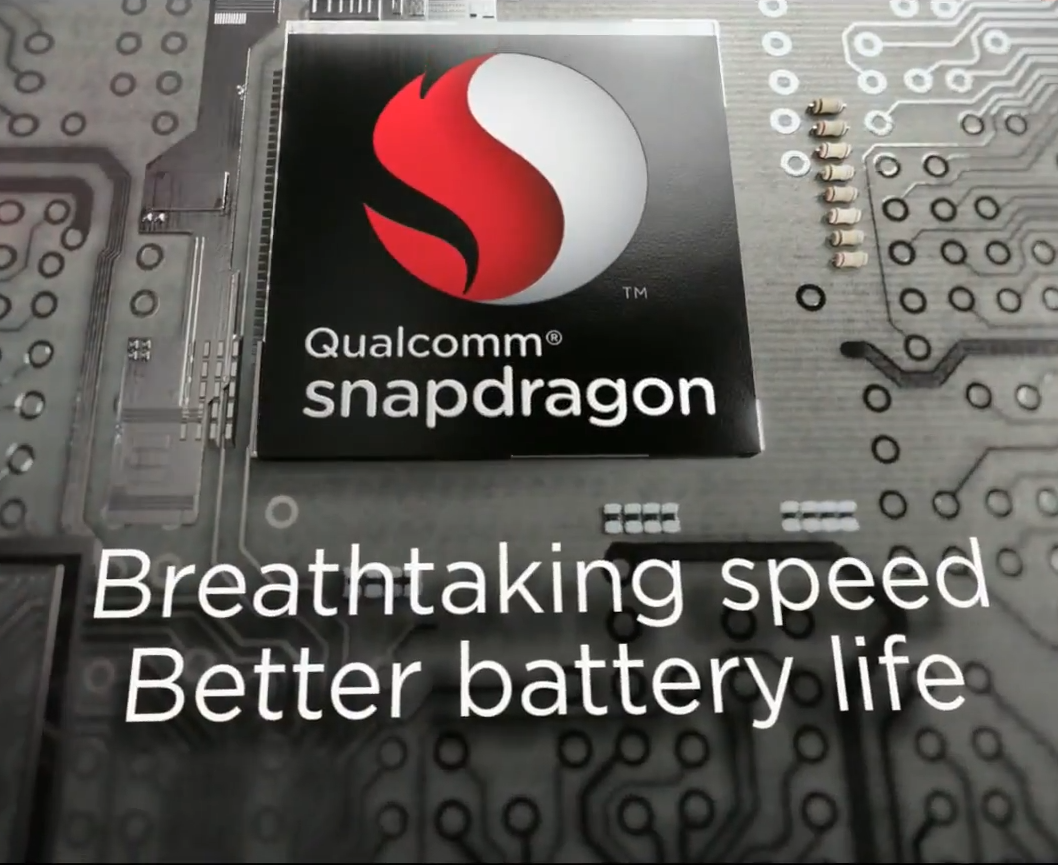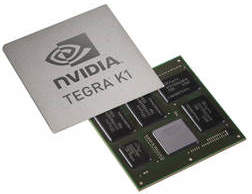
More people spend via their phones as the world goes "mobile first"
Mobile advertising company InMobi has announced the results of its 2014 Mobile Media Consumption Report.
Based on research covering over 14,000 respondents in 14 countries, the findings show that we’re increasingly living in a "mobile first" world with 60 percent now using a mobile as their primary or only means of going online.

96 percent of applications have security vulnerabilities -- and it's getting worse... or better
Publishing its Application Vulnerability Trends Report, Cenzic states that virtually all of the applications it tested had at least one security vulnerability. A staggering 96 percent of apps exhibited security issues, and it looks as though things are on a downward spiral.
In a similar report published last year, it was found that the median number of flaws was 13; this year it has increased to 14. So it appears as though things are getting worse... but is this the full story?

Innovation will save net neutrality and keep data plans affordable
Wireless carriers are opposing net neutrality because their networks have limited capacity and they need more flexibility to handle traffic. But they are missing an opportunity by not embracing spectrum sharing, a technology that could vastly increase the available bandwidth.
Net neutrality has been in the headlines following Verizon's recent Federal court win against the Federal Communications Commission's (FCC) open Internet rules. Also, AT&T is now courting corporate sponsors to help subsidize customer data plans. Some consumer rights groups view these events as a concerted effort to undermine the longstanding practice that compels service providers to treat all traffic equally. These events could all signal the beginning of a tiered-off Internet.

Cyber security threats are for life, not just the Winter Olympics
With the Winter Olympics about to start there have been a number of stories pointing out the security risks of people using their mobile devices in Sochi.
Writing in a blog post, Paul Proctor, vice president and analyst at Gartner says it's important to remember that you're not really safe anywhere and it's your behavior that's the key factor in your security.

Apple succeeds where Sony couldn't
There are OMG events, and Sony's selling its PC business surely is one of them.
"It's an historic moment", Roger Kay, Endpoint president, says. "The company Steve Jobs looked up to as the paragon of style leaves the industry he helped found, driven off, at least in part, by him".

Good news and bad as the enterprise threat landscape evolves
Technology giant HP has released its Cyber Risk Report 2013 which highlights the top enterprise vulnerabilities.
The report also offers an analysis of the current threat landscape, pointing out increased reliance on mobile devices, the spread of insecure software and the growing use of Java as adding to a growing "attack surface".

Able-HD wants to put a monitor in your bag
As long ago as 2003 Microsoft research found that having a second monitor made people up to 50 percent more productive.
However, having two screens is fine for those of us tied to a desk but isn’t exactly practical for people on the move.

BlackBerry Enterprise Server to soon support Windows Phone?
BlackBerry's efforts to improve its sliding sales and consumer relevance with the BlackBerry 10 touch-friendly lineup have failed. In fact, the company's latest available handsets are actually selling less nowadays compared to the old, and dated, BlackBerry 7 OS devices. For anyone paying attention that means the writing is already on the wall, but BlackBerry is (still) planning and hoping to make a comeback.
After bringing BBM to Android and iOS, the Canadian maker will shift focus back to QWERTY keyboards, and away from all-touchscreen designs, and could also embrace more competing platforms in BlackBerry Enterprise Server. The company's CEO John Chen hinted that the enterprise-grade device management software might add support for Windows Phone, on top of Android and iOS.

Consumer mobile apps won’t make you money
If you're looking to the earnings from your innovative mobile app to keep you in your retirement, you may need to think again.
A new report by Gartner predicts that through 2018 fewer than one percent of consumer mobile apps will be considered a financial success.

New infographic reveals the top gadgets and tech of 2013
We’re a week into the New Year, a time to look to the future, and all the news flooding out of CES has us excited for what’s coming up. But that’s not to say we can’t still take some time to look back on 2013 -- a year that brought us some great (and not so great) tech.
FinancesOnline.com has created a new infographic summing up 2013 in tech launches and featuring the best smartphones, tablets and other gadgets. Each of the included devices has been sorted into the following categories:

Qualcomm unveils new processors for home entertainment and in-car infotainment solutions
Hours after Nvidia announced its new Tegra K1 processor, rival US company Qualcomm took the wraps off two new chips, called Snapdragon 802 and Snapdragon 602A, designed for home entertainment and in-car infotainment solutions, respectively.
The Snapdragon 802 is an iteration of the year-old Snapdragon 800, which was presented at CES 2013. The processor is aimed at the next generation of smart digital media adapters, set-top boxes and TVs. Unsurprisingly, it comes with 4K support and a number of technologies designed for efficient power consumption and resource-intensive applications, such as games.

Nvidia announces its new mobile Tegra K1 'super chip'
As in previous years, most of the fun associated with CES actually happens before the famous trade show officially starts. Major tech companies rush to announce their new products ahead of the big opening day (January 7, for CES 2014) in an attempt to steal the show, like Lenovo just did with its Windows 8.1-based ThinkPad Tablet 8. For those who are not already there, CES could likely be over before it kicks off.
Nvidia is also part of the pre-CES announcements, as the US company has already announced a new mobile processor, called Tegra K1. The new chip is based on the Kepler architecture, that is used in the GeForce GTX 790Ti video card. "For the first time, next-generation PC gaming will now be available on mobile platforms", says Nvidia.

Mozilla partners with mobile companies to promote open web compliance
It’s often said that the great thing about standards in the technology industry is that there are so many to choose from. That's just as true in today's world of mobile devices as it was in the days of mainframes when it was first coined.
Mozilla, LG, Qualcomm, Deutsche Telekom and a number of other leading mobile companies have taken a step closer to a world where standards are... well, standard, by joining forces to create the Open Web Device Compliance Review Board (CRB). The aim of the CRB is to support device manufacturers and their technology partners to standardize performance.

Qualcomm enters the 64-bit mobile processor arena with Snapdragon 410
The main reason why 64-bit processors are needed is to utilize hardware configurations with more than 4 GB of RAM. To make this possible, the operating system also has to support the architecture, and apps have to be properly designed as well. This is the case with PCs which top the mentioned memory capacity and have the right software for it, but when it comes to mobile devices the advantages are mostly limited to bragging rights at the moment, with a few exceptions (like Microsoft's Surface Pro 2 -- it runs the 64-bit Windows 8.1 Pro and can be had with 8 GB of RAM).
Apple's iPhone 5s is the best example of why having a 64-bit processor offers no real benefits (other than allowing developers to adjust to the change): iOS 7 and the apps may support the architecture, but the smartphone ships with just 1 GB of RAM. This means that at no point is 64-bit needed, because the memory capacity does not warrant it. Former Qualcomm chief marketing officer Anand Chandrasekher was among the first to point this out, but here we are today with the US company also revealing its own 64-bit processor, dubbed Snapdragon 410.

Touchscreen notebooks increase in popularity -- but why? Why? WHY?!
We're all used to getting touchy-feely with our phones and tablets, but it's only in the past few months that touchscreen laptops have really gained any ground. A report by NPD DisplaySearch states that by the end of 2013, touchscreen devices will account for 11 percent of all notebook shipments -- that's around 19.8 million notebooks with touchscreens -- and there has been a steady increase in market share since the beginning of the year.
Richard Shim, senior analyst at NPD DisplaySearch explains that "Premium pricing and a lack of compelling uses for touch screens on notebooks continue to hinder adoption", but goes on to say that "as touch interfaces become increasingly common across all mobile devices, it is just a matter of time before the technology also becomes more prevalent in notebooks".
